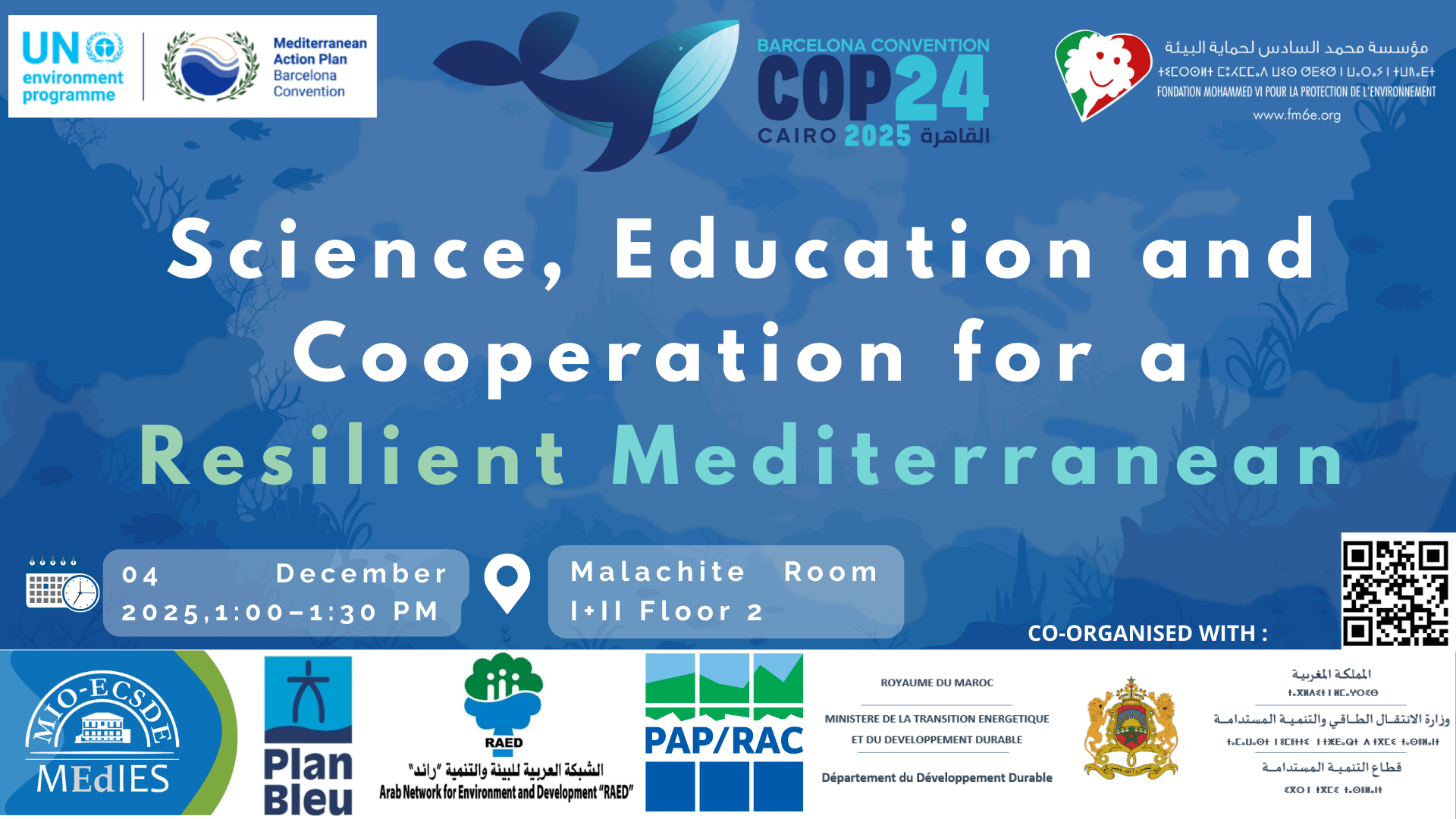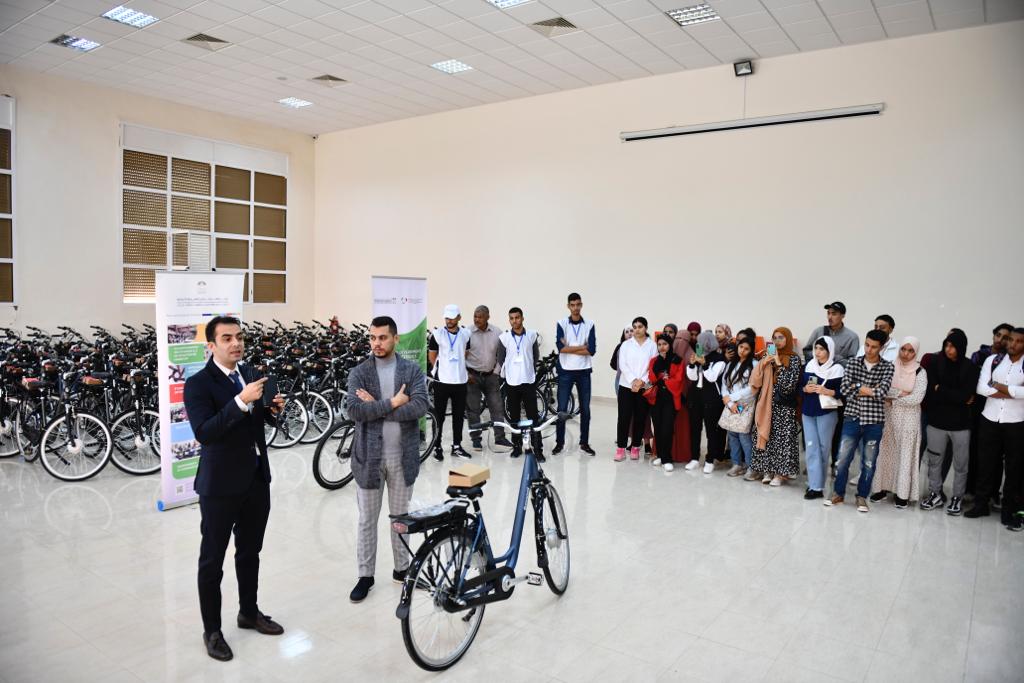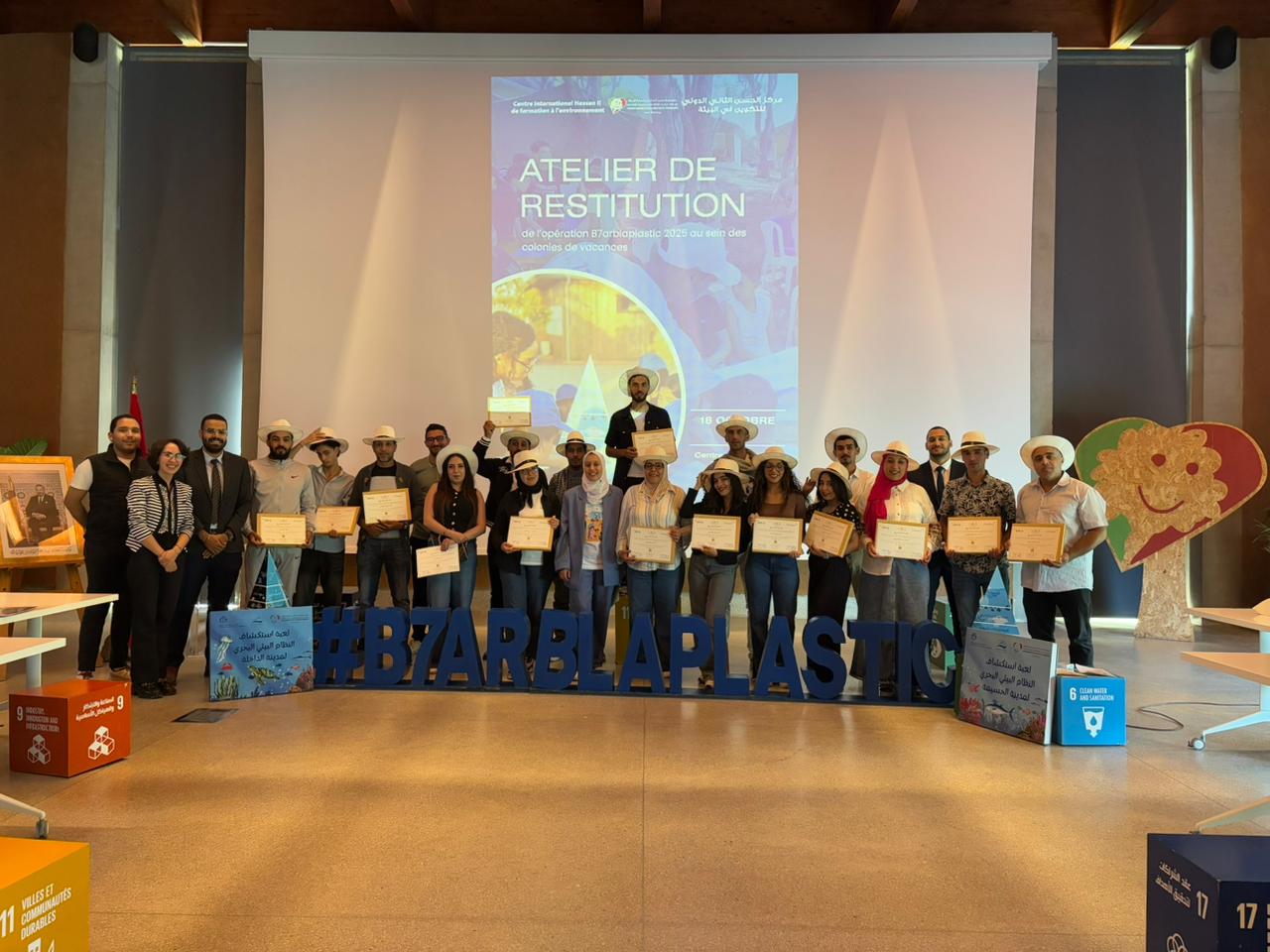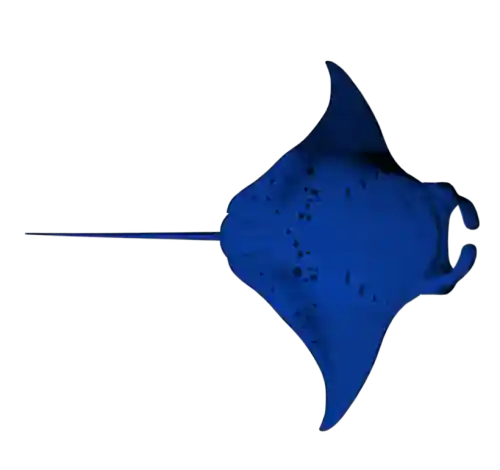
The Mohammed VI Foundation for Environmental Protection and its partners are rolling out a pilot and demonstrative electric mobility campaign by providing 143 electric bicycles to students at Cadi Ayad University in Marrakech.
This electric mobility pilot project developed by the Mohammed VI Foundation for Environmental Protection, chaired by HRH Princess Lalla Hasnaa, is part of its Air Climate programme set up twenty years ago in 2002. This initiative falls within the framework of the Voluntary Carbon Offset (VCO) campaign which aims to reduce CO2 emissions through offsetting, supporting energy efficiency and renewable energy projects (photovoltaic, solar water heaters, LED lighting), carbon sequestration (tree and palm planting), and awareness-raising and training. The Voluntary Carbon Offset programme is also an integral part of the Qualit’Air Pact, whose aim is to mobilise companies and territories to adopt a voluntary climate protection approach.
On the eve of COP27, which will be held from 7 to 18 November in Sharm El Sheikh, Egypt, this action will illustrate the efforts undertaken by Morocco towards the global mitigation effort, as set out in the Moroccan National Determined Contribution (NDC), which has raised its ambition to 45.5% of Morocco’s emissions reduction by 2030.
This initiative is being carried out in partnership with a Moroccan company operating in the country that can provide quality products and training on the sustainable use of batteries. A Moroccan start-up, located in the Tangier free zone, which has been exporting its entire production to Europe and North America since 2018.
This pilot and demonstrative electric mobility campaign entails making 143 electric bicycles available to students at Cadi Ayad University in Marrakech for their home-to-university travel needs on electrically assisted bicycles. This campaign also makes it possible for Cadi Ayad University to promote this good practice as part of the Network of Green Universities and Youth Education in Africa (Aguyen), supported by the Foundation and the UN Environment, of which it is a member.
Those who receive these bicycles will be made aware of the environmental virtues of electric mobility and, more generally, of the challenges of climate change, through training provided by the territorial environmental training laboratories of the Mohammed VI Foundation for Environmental Protection.
After 1,100 schools were electrified and 24,000 young palm trees were planted, ultimately avoiding the emission of 40,000 tonnes of carbon equivalent, a study was conducted to propose pragmatic and sustainable alternatives to the CVC (Voluntary Carbon Offset) campaign as of 2021, and four new offset methods were selected:
- Planting endogenous species adapted to the chosen sites;
- The installation of energy efficient devices (photovoltaic kits, LEDs, and solar water heaters);
- Awareness-raising, training and encouraging parties concerned by GHG emissions (institutions, public and private bodies) to implement mitigation and carbon offset strategies;
- Sustainable and electric mobility.
Finally, this pilot experience will feed into the thinking of the Marrakech-Safi region, which is working with the Foundation and its partners on a climate plan to reduce its greenhouse gas emissions. This climate plan is based, initially, on identifying and evaluating the region’s emissions using the Bilan Carbone® tool developed by the Mohammed VI Foundation for Environmental Protection and its partners, which is now a national reference tool for Moroccan companies to calculate their Bilan Carbone [Carbon Footprint], and thus support the national low-carbon strategy for 2050.




























































